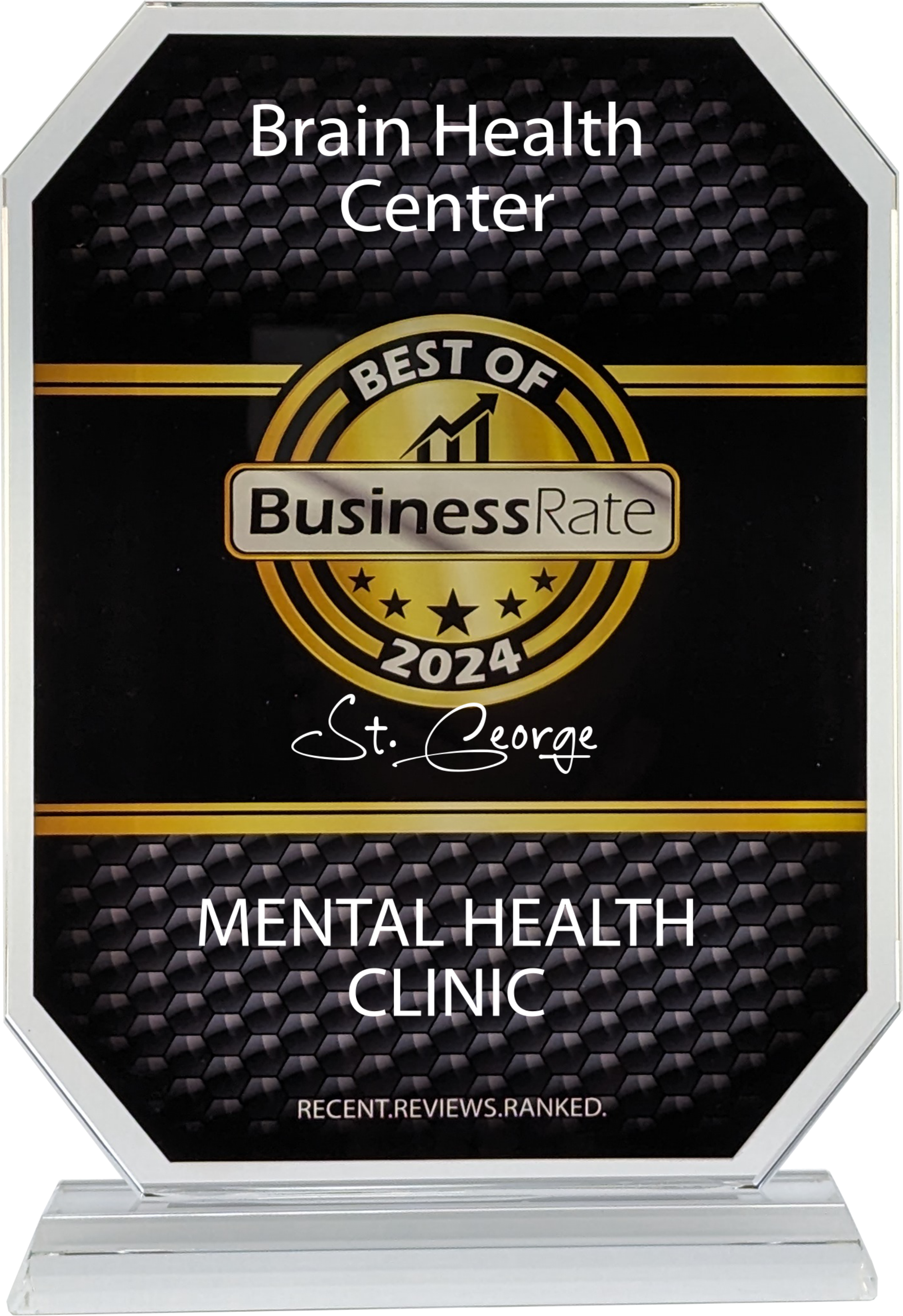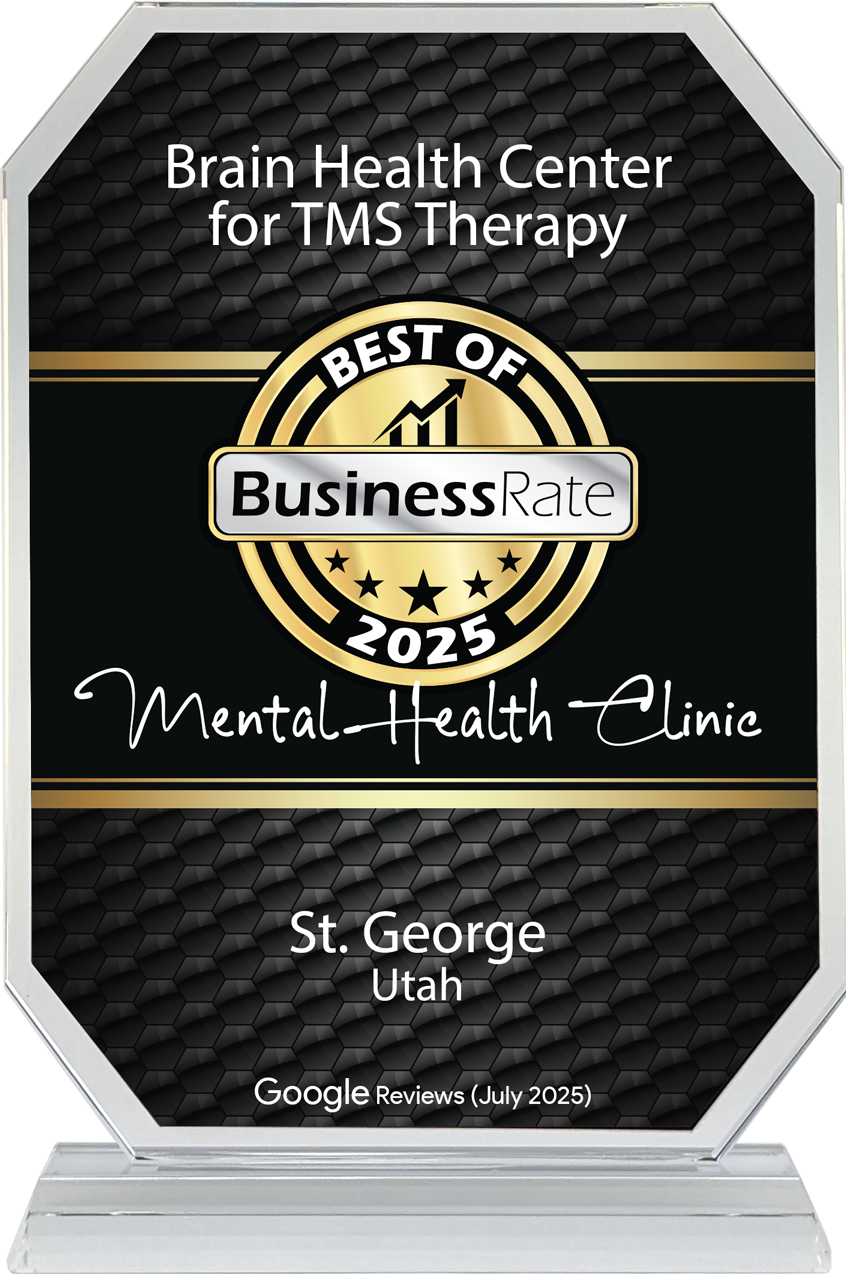TMS for Depression: Treatment at Utah’s Brain Health Center
 There are several different types of depression, including major depressive disorder, persistent depressive disorder, seasonal affective disorder, and postpartum depression. The symptoms and severity of depression can vary from person to person, but common signs include feelings of worthlessness or guilt, loss of interest in activities once enjoyed, changes in appetite and sleep patterns, and physical symptoms like fatigue and headaches.
There are several different types of depression, including major depressive disorder, persistent depressive disorder, seasonal affective disorder, and postpartum depression. The symptoms and severity of depression can vary from person to person, but common signs include feelings of worthlessness or guilt, loss of interest in activities once enjoyed, changes in appetite and sleep patterns, and physical symptoms like fatigue and headaches.
STANDARD DEPRESSION TREATMENT
Standard TMS treatment for depression. We aim for complete remission in 6 weeks.
- 36 treatment sessions, usually 5 a week, but can occur over 6 to 9 weeks
- 1 treatment per day
- Treatments are +/- 4 minutes in length
5-DAY DEPRESSION TREATMENT
Advanced, accelerated TMS therapy for depression. We aim for treatment completion in 5 days.
- 50 treatment sessions over 5 days
- Treatments are +/- 10 minutes in length with 45- 50 minute breaks between each session
- Private patient suites for working or resting between sessions.

What to Expect From TMS for Depression
If you’re considering magnetic brain stimulation for depression, it helps to know what the experience involves. Here’s what to expect from a typical TMS session at Brain Health Center:

1. Initial Consultation

2. Motor Threshold Assessment

3. Personalized TMS Session

4. Monitoring Progress

5. Follow-Up
Each part of the process is designed to be simple, effective, and focused on you. TMS for depression yields the best possible results when it is a personalized experience that adapts to your needs, tracks results in real time, and prioritizes your comfort every step of the way.
Frequently Asked Questions
How much does TMS cost?
What should be avoided during TMS?
Why choose Brain Health Center?
It's Time To Heal
For many of our friends seeking wellness, TMS is an incredible solution. Get started now with our team.


